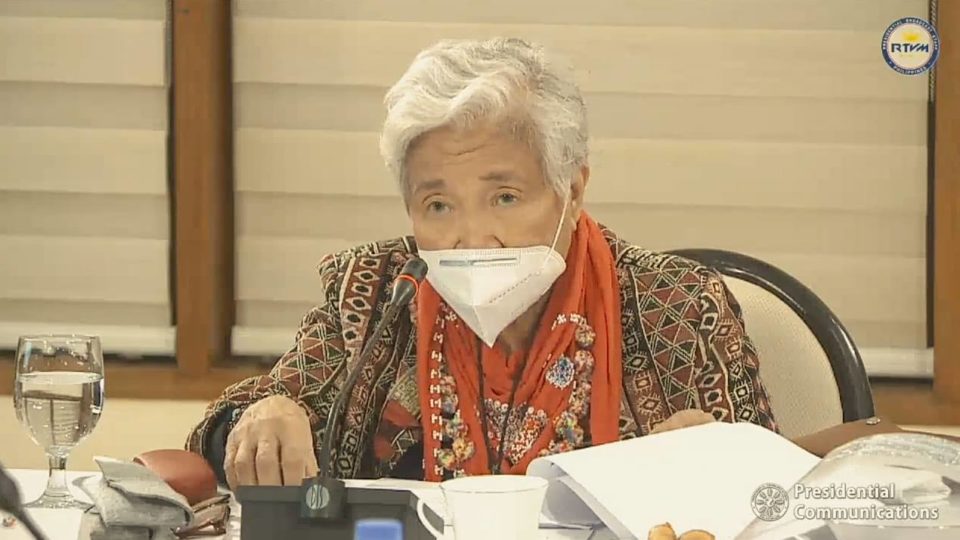It appears that Pinoy students will be studying at home for a long while because the government insists that there should be no face-to-face learning until a COVID-19 vaccine is created.
Education Secretary Leonor Briones said yesterday in a statement that they are complying with President Rodrigo Duterte’s directive to postpone conventional learning until there is a vaccine for the respiratory disease. Briones said students would just have to rely on the internet and television to further their education while a pandemic is ongoing.
Read: PH school year may resume in June, but ‘face-to-face’ learning to start August
“[I]t is a challenging task for us at the Department of Education to prepare our schools in a different set-up, but we are committed to our duty to make education available and thriving, even in the most difficult time,” Briones said.
Briones initially said that schools would start face-to-face learning in August, but her change of heart may have something to do with Duterte’s public pronouncements about waiting for a vaccine. However, it’s unclear when such will be available because some experts say it could take a year to 18 months to have one. Still, others believe there is a possibility that a vaccine against the coronavirus could never be made.
Duterte, who is not a doctor, claimed last month that China will have a vaccine ready for distribution in September, but did not offer proof to back up his claim.
Read: ‘Just Play’: Duterte wants classes postponed until COVID-19 vax becomes available
Meanwhile, in a separate statement released yesterday, Briones expressed confidence that her department can rely on blended learning to teach students.
“Blended education is not new. This has been used in schools to make education more effective. If there is internet available, we can do it online; if there is no internet, we can do it offline. Television, radio, and printed modules have long been used in lessons and classes,” she said in English and Filipino.




